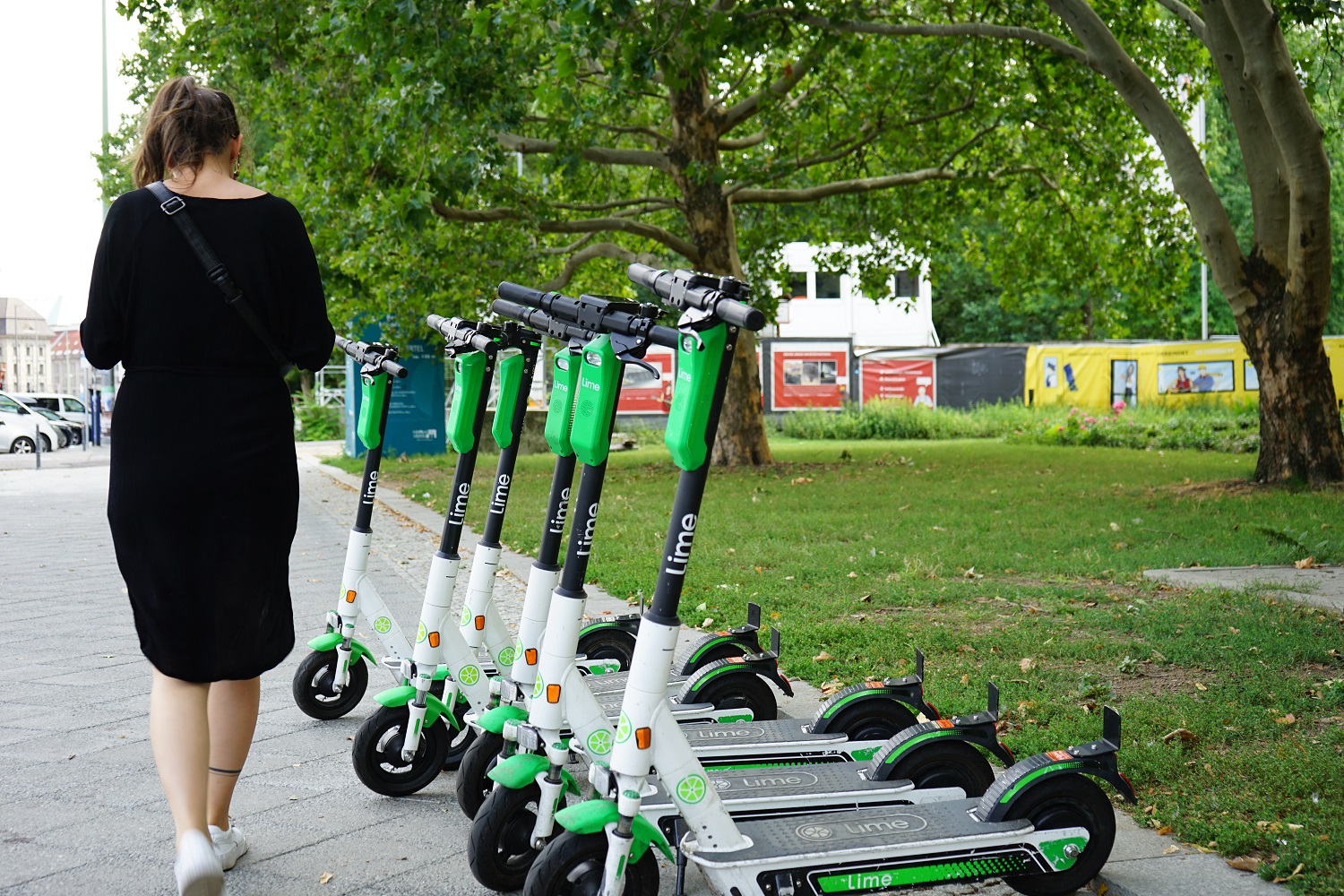Electric Scooters Are Hitting the Streets Sooner than Predicted

UK trials for electric scooters started this summer after getting the go-ahead from the transport department. Even though the initial tests were done just a few weeks ago, there are already plans for thousands of electric scooters to hit the streets here in the UK.
So, what’s the hurry to get the scooters on the road? Well, part of the reason is the coronavirus pandemic. The pandemic has caused local authorities to focus more on alternative forms of transportation to help people avoid being cramped together on the underground, on buses, and on the railway.
As local authorities across the country promise to expand cycle lanes in response to changing habits triggered by the health crisis, no seems to be the ideal time to bring out electric scooters on the streets. Several cities around the world, such as San Francisco, Madrid, and Paris, have seen a lot of success with e-scooters.
Many local councils and cities across England, Wales, and Scotland are holding discussions with domestic and international rental scooter firms. Electronic scooters are already being tested in several places across the country, including Milton Keynes and Teeside. The West Midlands is gearing up to get in on the action as well, with plans to roll out the biggest e-scooter scheme in the UK. It’s expected that over 10,000 electronic scooters will soon be covering the streets of Coventry and Wolverhampton.
Ten thousand scooters on the streets are impressive; however, you look at it. The scheme would not just be the biggest in the country, but it would mark one of the biggest scooter deployments across the whole world. That is if the numbers are accurate.
As scooter companies such as Bird, Tier, and Lime – along with some home-grown rivals such as Ginger – prepare to get started in the UK, there still seems to be no changes to the law that prevents British citizens from privately owning the same electric scooters they can rent. People are free to rent a scooter if they want, but they would be unable to purchase one to own, which seems like an oversight in the law.
The news isn’t all good for electric scooters, however. They also face plenty of scrutiny from safety campaigners. Campaigners have voiced their concerns over the speed of the roll-out, fearing that it could lead to severe problems down the line. They are worried that cities in the UK could see similar issues to cities in mainland Europe, where people are abandoning rental scooters in rivers and bins. There has also been a sharp increase in the number of scooters on the pavement, which is preventing people with mobility issues from getting around.
People find e-scooters very difficult to navigate around, and they can be an issue for people with sight or hearing disorders as they are smaller and quieter than other hazards. Another potential problem with e-scooters is that they can hit speeds of up to 15 MPH, and they can be heavy, so there is a severe risk of damage caused by collisions with pedestrians.
UK charity Living Streets, which campaigns to promote walking and the health benefits that come with it, also has reservations about the use of e-scooters. The charity warns that the infrastructure to support widespread e-scooter use is in place yet. The charity is concerned that without designated road space for scooters, people will ride on the pavement and cause problems for pedestrians.
People have also been asking questions about how local authorities are handling the situation. Authorities are providing single companies with contracts for a significant number of scooters. With there being more scooter companies across the UK and US thanks to the industry having a headstart, it may be challenging for British-born companies to get started and catch up with their multi-national rivals. People feel that it would be better for authorities to spread the wealth, so to speak, and give smaller companies a chance to get started. These contracts are the only way that these companies can make money as long as people are prohibited from privately purchasing and owning e-scooters.
An example of this was seen in the West Midlands, where local authorities handed Swedish start-up Voi with a sizeable contract for e-scooters. Fredrik Hjelm, the Chief Executive for Voi, described the contract as being the biggest one the company had ever received. How is a local alternative supposed to compete with that?




